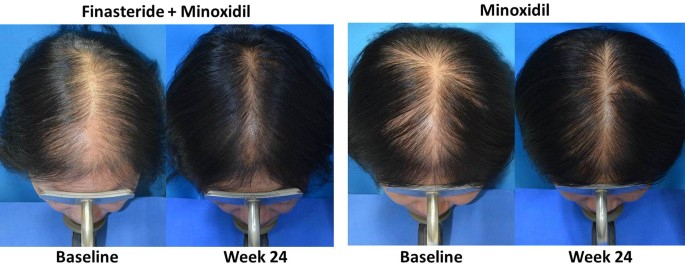oral finasteride + oral minoxidil vs topical head to head
When comparing oral finasteride and oral minoxidil to their topical counterparts, several studies highlight key differences in their effectiveness and safety profiles.
-
Effectiveness: Research indicates that oral finasteride tends to be more effective than both oral and topical minoxidil in treating hair loss. One study concluded that while both treatments are effective, oral finasteride ranks higher in terms of efficacy compared to topical minoxidil. This finding is supported by another source which stated that finasteride generally outperforms minoxidil in long-term studies regarding hair regrowth.
-
Mechanism of Action: Oral finasteride works by lowering dihydrotestosterone (DHT) levels throughout the body, which is a key factor in male pattern baldness. In contrast, topical minoxidil acts as a vasodilator and is applied directly to the scalp to promote hair growth locally.
-
Side Effects: The systemic absorption of oral finasteride can lead to side effects that affect the whole body, whereas topical minoxidil is less likely to cause such widespread effects. Most side effects of topical minoxidil are localized to the site of application.
-
Monotherapy Effectiveness: Studies suggest that, when considering monotherapy treatments, oral finasteride is more effective than topical minoxidil. However, there are indications that oral minoxidil may outperform lower doses of finasteride in certain contexts.
-
Summary of Comparisons: An overview of multiple studies indicates that while both treatments have their merits, oral finasteride is generally considered more effective in the treatment of hair loss than oral or topical minoxidil.
For further reading, you can explore these links for comprehensive insights: PubMed Study, Miiskin Comparison, and GoodRx Differences.
Sources


Related Questions
Work fast from anywhere
Stay up to date and move work forward with BrutusAI on macOS/iOS/web & android. Download the app today.
